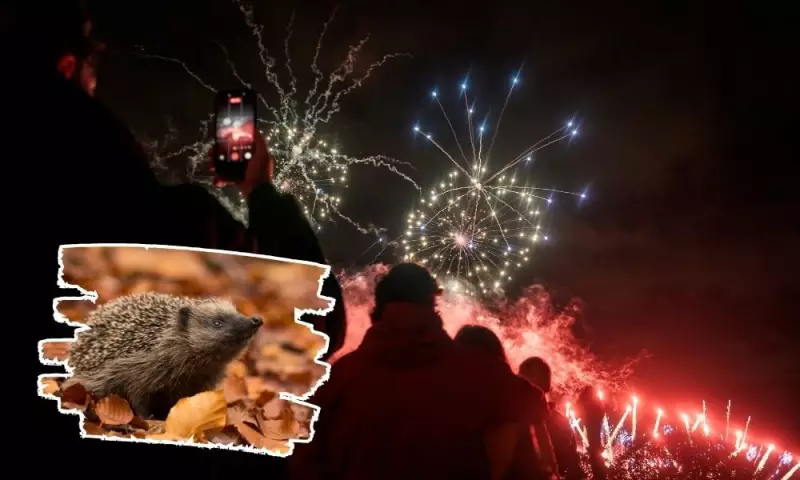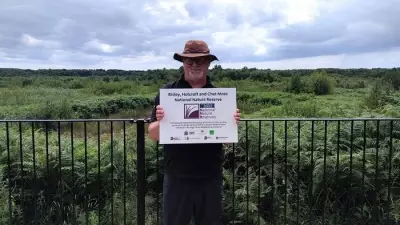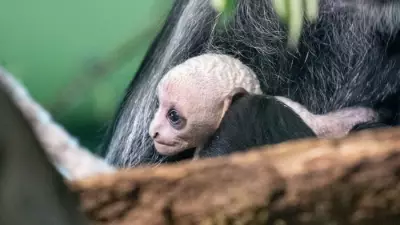
As the chill of November sets in and communities across Britain prepare for Bonfire Night, there's growing concern about the hidden cost of our traditional celebrations. The crackle of fireworks and roaring bonfires that mark Guy Fawkes Night may delight human spectators, but for local wildlife, these displays can be terrifying and downright dangerous.
The Unseen Impact on Our Wild Neighbours
While we marvel at colourful explosions lighting up the night sky, our local animal populations experience something entirely different. The sudden, loud bangs can cause extreme stress to birds, mammals, and domestic pets alike. Hedgehogs, who see bonfire piles as perfect hibernation spots, face particularly grave dangers as flames consume what they believed was a safe winter home.
Three Simple Changes for a Wildlife-Friendly Celebration
1. Build Bonfires at the Last Moment
That carefully constructed bonfire pile that's been growing for weeks might look impressive, but it's essentially a death trap for small creatures seeking shelter. By building your bonfire on the same day you plan to light it, you give hedgehogs, frogs, and insects zero opportunity to move in and become trapped.
2. Choose Quieter Firework Alternatives
The decibel level matters more than you might think. Opt for quieter fireworks or those labelled as 'low-noise' to dramatically reduce stress on local wildlife and domestic animals. Many manufacturers now offer spectacular visual displays without the earth-shattering bangs that send creatures into panic.
3. Create Safe Havens in Your Garden
Transform your outdoor space into a temporary sanctuary by leaving quiet corners undisturbed. A pile of leaves in a far corner, an undisturbed compost heap, or simply ensuring garden sheds remain accessible can provide crucial refuge for animals seeking escape from the noise and lights.
Beyond November 5th: A New Approach to Tradition
Environmental experts suggest that small adjustments to our centuries-old traditions don't diminish the enjoyment but rather enhance our celebrations by making them more conscious and compassionate. As one wildlife rescuer noted, "We're not asking people to abandon Bonfire Night, just to celebrate with awareness."
With these simple modifications, communities can maintain the magic of Guy Fawkes Night while ensuring our local wildlife survives the experience unharmed. After all, what better way to honour British traditions than by protecting the natural world that makes our country so special?





